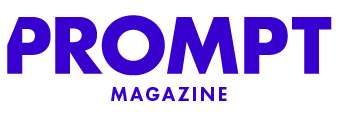Olivier Dussausse
Founder of 48 Hour AI / France Paris
Olivier Dussausse, projecting short films crafted through artificial intelligence at the “48 Hour AI” event in a Parisian cinema, has sparked profound questions regarding creativity, industry evolution, and the role of humanity in filmmaking.
Dussausse’s journey into the realm of AI-driven filmmaking began with a revelation during the @nikon Film Festival, where he encountered Anna Apter’s “/imagine.” A pivotal moment occurred a year ago when a fellow participant in the 48 Hour Film Project faced a delicate situation— the winning team for Best Screenplay had created their entire masterpiece using ChatGPT. This dilemma prompted contem- plation: should they disqualify the team (bearing in mind that the rules did not explicitly prohibit AI usa- ge), or should they amend the rules to ban generative tools (despite Dussausse’s belief that “creation” and “restriction” were inherently incompatible)? He cheekily extended good wishes to those attemp- ting to discern whether a screenplay was AI-generated. Engaging in dialogues with diverse individuals, Dussausse garnered intriguing perspectives. Some ad- vocated for collaboration with AI, considering it primarily as a tool, while others suggested that law- makers were responsible for regulating its use. A humorous remark highlighted that “ChatGPT has no domineering mother to conceive stories.” Inspired by these discussions, Dussausse envisioned a space for those eager to express themselves through generative tools, giving rise to the “48 Hour Film Project AI.” Renowned expert Gilles Guerraz, a former 48 Hour Film Project participant, swiftly offered his support. The Forum des Images embraced the initiative, offering a venue, and Runway pledged its backing.
The inaugural awards ceremony on January 13th at the Forum des Images provided a platform for Dus- sausse and Gilles to amplify the voices of participating teams. Beyond technicalities, the discussions del- ved into the realms of humanity, creativity, exchanges, constraints, frustration, and satisfaction. These captivating dialogues not only celebrated the achievements of the first edition but also seeded a wealth of ideas for the future.
Artificial intelligence is undeniably influencing how we create and consume cinematic content. In your opinion, how is the relationship between artificial intelligence and creativity evolving in the cinematic context, and are there any reflections you would like to share?
I think the most important thing is to find the right place for AI in the creative process. All the people I’ve talked to, especially at the festival, make almost the same observation: AI doesn’t know emotion and doesn’t know how to create it. Even though Chat GPT goes very fast, he won’t feel sadness, joy or anger while writing a script, he will only produce using probability techniques. A screenwriter will start with a desire, to make people laugh, smile, move or denounce. In my opinion, AI is a tool to quickly structure choices and possibilities, but it is not AI that creates, it is the human brain.
You have received numerous submissions for the festival. Is there a specific type of project that has par- ticularly caught your attention and that you would like to share with us?
I really liked several films, the winning film “The Quest for the Ruby”, illustrates what I explained above. The director made the choice to link the imaginary world and the real world through the eyes of a child. It is tinged with emotion, the screenwriter used ChatGPT to structure his story and to have timing in accordance with the rules of the festival. The director explained to us the different tools she had used but also the important part of her team, whether for editing, the actresses or the scriptwriting, nothing would have been possible without intense and passionate exchanges.
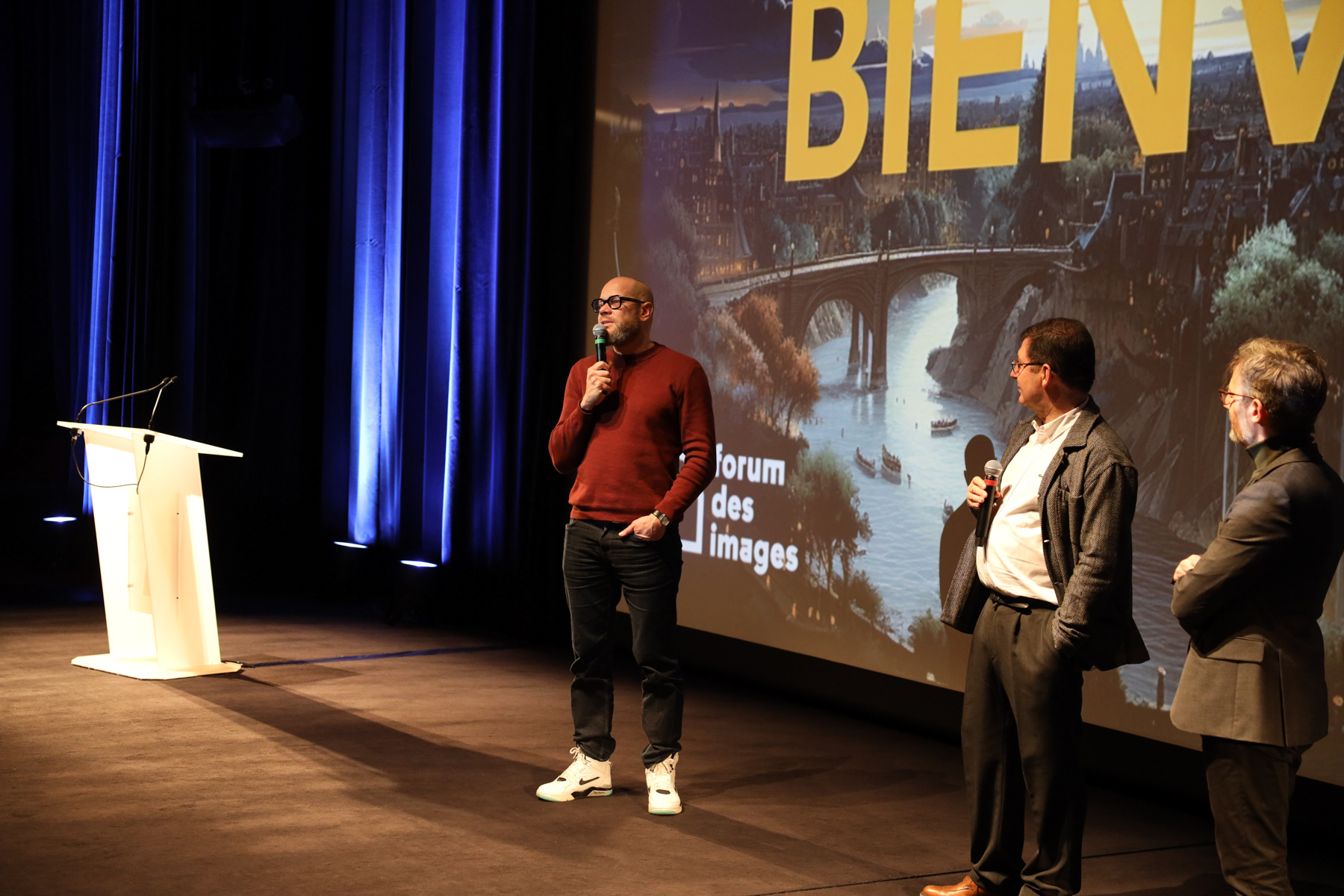
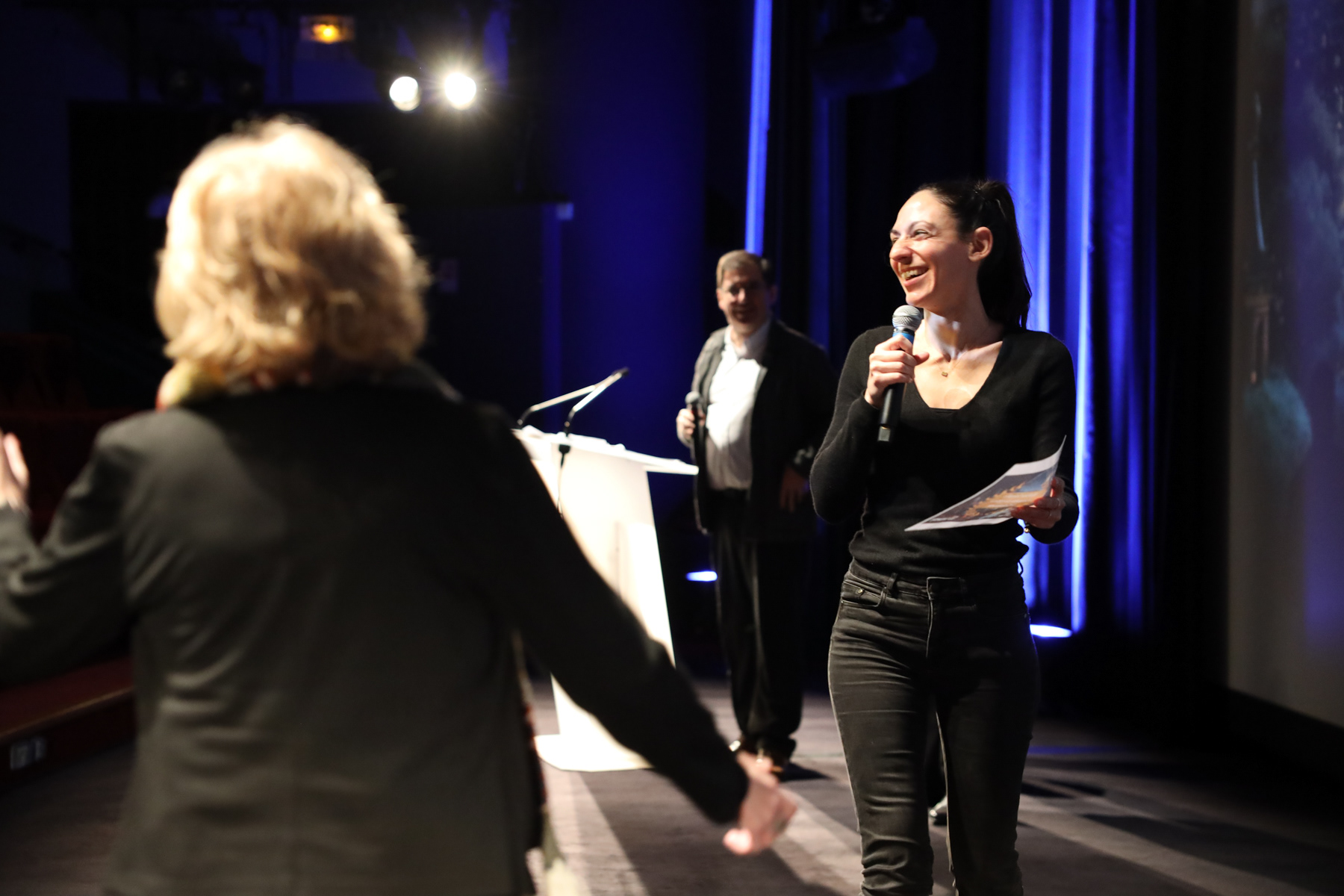
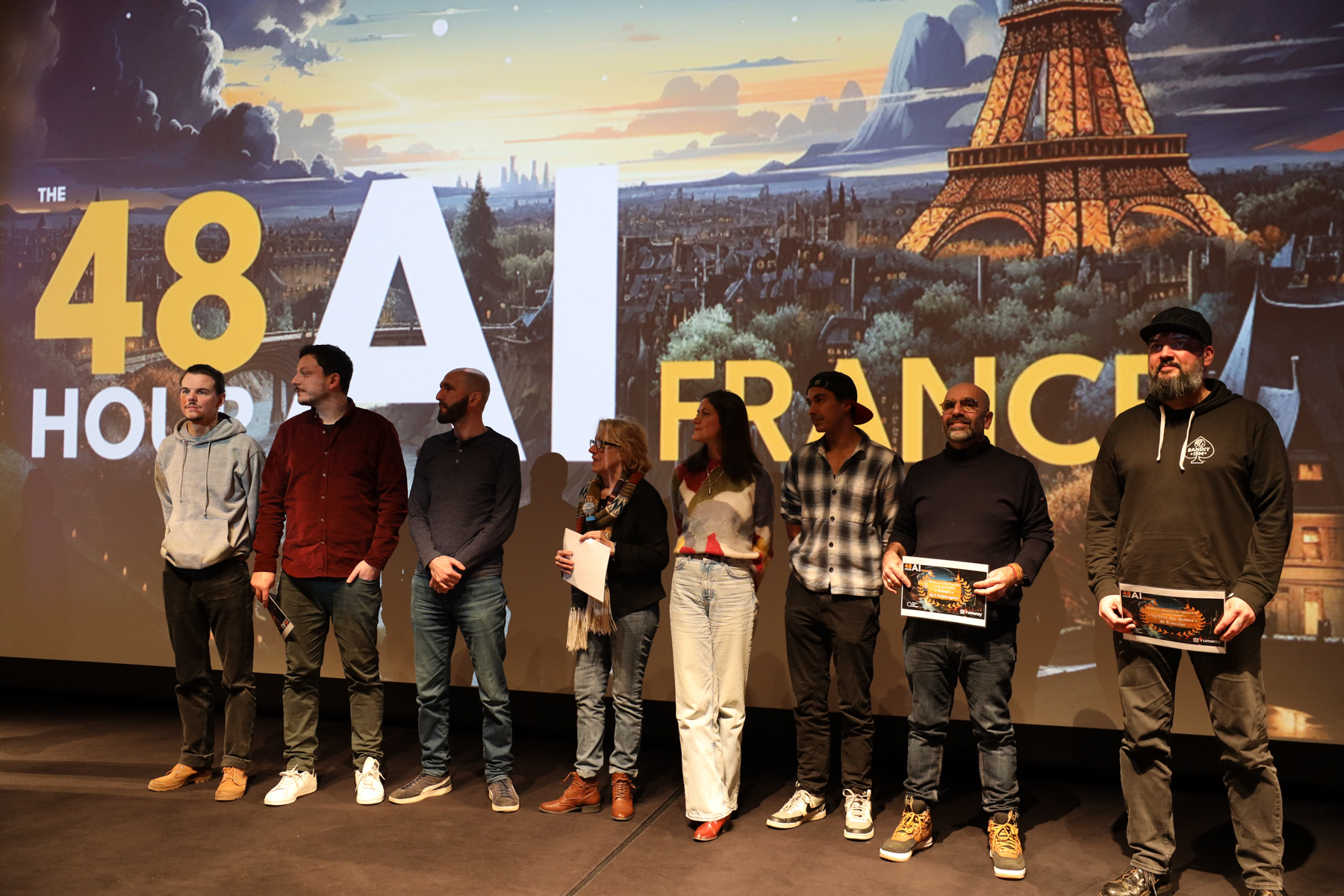
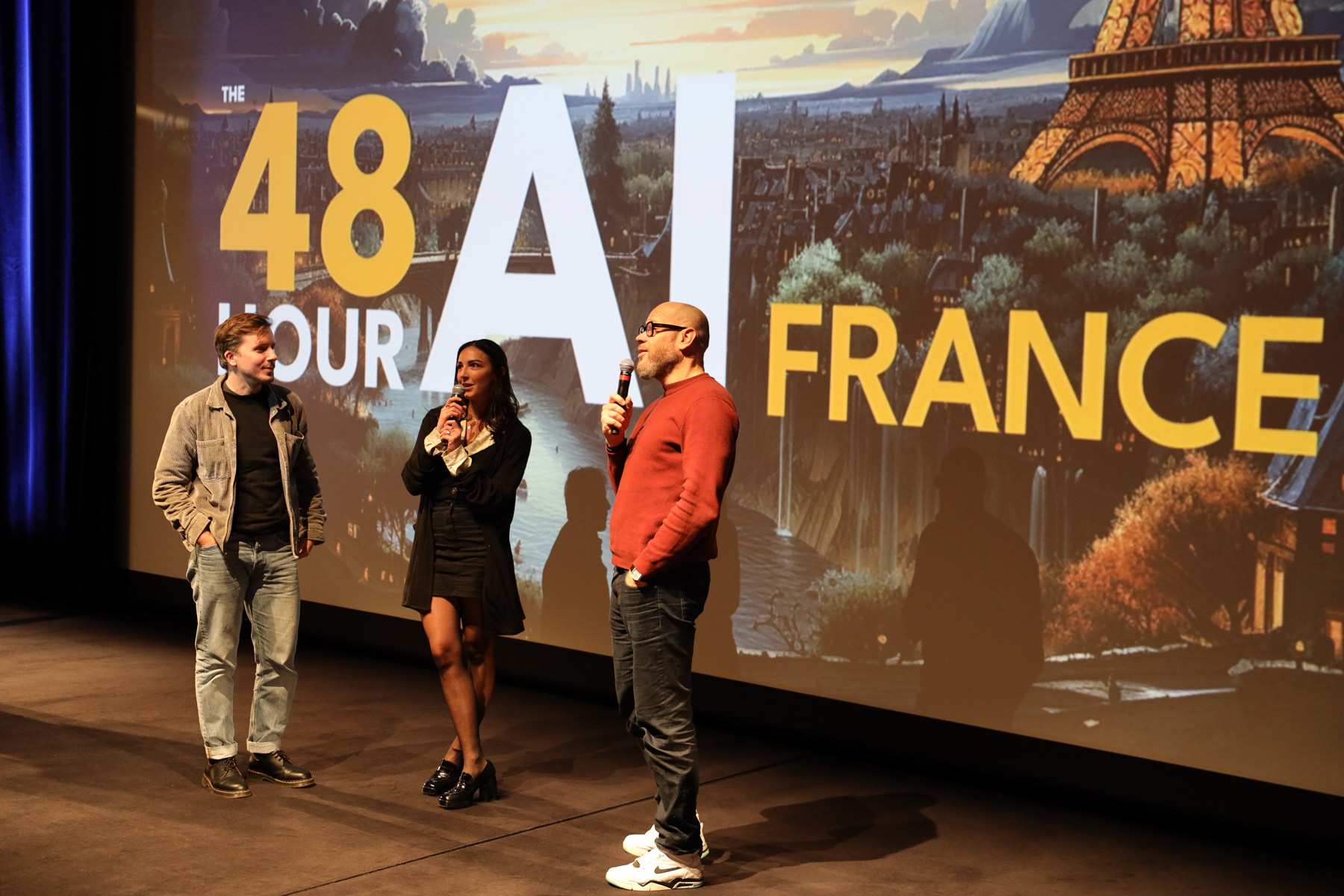
Can you envision that this kind of technology could have a significant impact on the film industry? If so, which stages of the filmmaking process have you noticed to be particularly influenced by artificial intel- ligence?
In my opinion, in the film industry, generative tools are accelerators. They allow creators to go faster in their creative process. Whether it’s in modeling, storyboard creation, researching different narrative options and possibilities. Of course, many professions will be impacted and some will disappear, but that’s what happened when the Internet became democratic, or when cinema became talkies. New professions will be created and new talents will emerge. There remains the notion of image rights and copyrights, if I had to draw a parallel, when electricity was invented one of the first things that followed was the switch. It is therefore up to those who produce these tools to find ways to regulate them, and to the bodies that direct us to enact rules that go with them. We saw with the strike in Hollywood the importance of screenwriters and actors.
With the success of the first edition, what are your expectations for the future of the 48 Hour AI? Do you have any future developments that you would like to share with us?
This first edition was a test for us, we were lucky to have two major partners: Le Forum des Images and Runway who supported the project. My American colleagues also created the same event at the beginning of January in California with about the same number of participants. We will now debrief together and see what are the things to improve. Mark Ruppert, the founder of the 48 hour Film Project, is a visionary, he has a desire to give creatives a space to express themselves, whatever their field of expertise. Given the speed at which things are going in the field of AI, Gilles Guerraz and I are certain that the next edition will have nothing to do with the one that has just ended
